While these reports created a lot of controversy, with the Belgian politicians targeted protesting against the surveillance and a violation of their privacy by the State Security, Scientology filed a complaint to the “Committee I” (Intelligence), which is a governmental agency in charge of controlling and investigating the activities of Belgian secret services, including State Security.
The “Committee I” investigated the leaks and the reports, and months later, sent a very brief answer to Scientology, stating that they could not find anything wrong with regards to these leaks, while refusing to let Scientology having access to the results of the investigation. That could have been the end of the story.
However, in a recent book, “State Security Secrets”, a young investigative journalist from De Tijd (one of the main newspapers in Flemish Belgium), Lars Bové, revealed that he had access to the confidential report that the “Committee I” wrote at the end of its investigation into the Scientology activities.
In a chapter called “Yoga”, Lars Bové starts by telling the story that aroused his curiosity:
“An incident that has never been revealed before underlines the fear that the State Security have regarding Scientology. In April 2014, the Sypol.be union criticized the fact that a great part of the telephone exchange of the State Security was out of service for two years, but the reason for this technical failure was never revealed. A source at the State Security told me the story.
‘Our telephone exchange was outdated, at least in part. So a specialized company was designated for the upgrade: XX. At first glance everything was correct. This company was already working for other public services in our country, such as the Departments of Economy, Interior and Justice as well as for hospitals, banks, universities, corporations, even for Parliament. It had thousands of companies as clients. But at some point, our staff suspected XX of having links with Scientology. Our boss at the time, Alain Winants, quickly took a decision: ‘Scientology is one of our targets and there is no question of renewing our telephone exchange through a company that has links with Scientology.’ The State Security immediately reported the problem to the Federal Public Service and the contract was cancelled after legal analysis. Following this, we had to conduct a market study, find candidates and submit them to a security inquiry, free up a budget ... This had important consequences: in the meantime, our internal communication lines broke down as soon as the telephone call center was overloaded.’
I found this story strange. What was the reason for the State Security to exclude this company? Possible links with Scientology? But if, meanwhile, the same company was still employed by other public services and by the Parliament, is this not similar to paranoia?”
The State Security is monitoring “cults”, or “sects” as they call it. In his chapter, Lars Bové questions the very meaning and fundaments of this surveillance. He questioned several executives from State Security. Some answered that this surveillance should not be part of the State Security job, but that even then, Scientology should remain a target:
“‘Many colleagues found that sects do not fall within the State Security’s purpose’, states an experienced inspector of the service (…) ‘But even if sects were no longer part of the role of the State Security, we should continue to monitor Scientology on the basis of other legal criteria, such as "interference" for example, when they are trying to place under their control ministers, parliamentarians, and other politicians’.”
That may be why Lars Bové wanted to know more about this alleged “interference”.
“The State Security inspector describes Scientology, originally from the United States, as a group that should certainly be monitored by the intelligence service, but is that inevitably the case? In other countries, Scientology is recognized as a religion. And why the intelligence service and not another department that would monitor the Church of Scientology?”
The “Committee I” investigated the leaks and the reports, and months later, sent a very brief answer to Scientology, stating that they could not find anything wrong with regards to these leaks, while refusing to let Scientology having access to the results of the investigation. That could have been the end of the story.
However, in a recent book, “State Security Secrets”, a young investigative journalist from De Tijd (one of the main newspapers in Flemish Belgium), Lars Bové, revealed that he had access to the confidential report that the “Committee I” wrote at the end of its investigation into the Scientology activities.
In a chapter called “Yoga”, Lars Bové starts by telling the story that aroused his curiosity:
“An incident that has never been revealed before underlines the fear that the State Security have regarding Scientology. In April 2014, the Sypol.be union criticized the fact that a great part of the telephone exchange of the State Security was out of service for two years, but the reason for this technical failure was never revealed. A source at the State Security told me the story.
‘Our telephone exchange was outdated, at least in part. So a specialized company was designated for the upgrade: XX. At first glance everything was correct. This company was already working for other public services in our country, such as the Departments of Economy, Interior and Justice as well as for hospitals, banks, universities, corporations, even for Parliament. It had thousands of companies as clients. But at some point, our staff suspected XX of having links with Scientology. Our boss at the time, Alain Winants, quickly took a decision: ‘Scientology is one of our targets and there is no question of renewing our telephone exchange through a company that has links with Scientology.’ The State Security immediately reported the problem to the Federal Public Service and the contract was cancelled after legal analysis. Following this, we had to conduct a market study, find candidates and submit them to a security inquiry, free up a budget ... This had important consequences: in the meantime, our internal communication lines broke down as soon as the telephone call center was overloaded.’
I found this story strange. What was the reason for the State Security to exclude this company? Possible links with Scientology? But if, meanwhile, the same company was still employed by other public services and by the Parliament, is this not similar to paranoia?”
The State Security is monitoring “cults”, or “sects” as they call it. In his chapter, Lars Bové questions the very meaning and fundaments of this surveillance. He questioned several executives from State Security. Some answered that this surveillance should not be part of the State Security job, but that even then, Scientology should remain a target:
“‘Many colleagues found that sects do not fall within the State Security’s purpose’, states an experienced inspector of the service (…) ‘But even if sects were no longer part of the role of the State Security, we should continue to monitor Scientology on the basis of other legal criteria, such as "interference" for example, when they are trying to place under their control ministers, parliamentarians, and other politicians’.”
That may be why Lars Bové wanted to know more about this alleged “interference”.
“The State Security inspector describes Scientology, originally from the United States, as a group that should certainly be monitored by the intelligence service, but is that inevitably the case? In other countries, Scientology is recognized as a religion. And why the intelligence service and not another department that would monitor the Church of Scientology?”
Lars Bové reveals then that he had access to the confidential report of the “Committee I” that resulted from their investigation on the State Security’s surveillance of Scientology:
“In the report, I read that the State Security had monitored Scientology since 1970. Within the department, the movement was then listed as ‘totalitarian group.’ Since the 1998 law, such monitoring is based on its official role to gather information on ‘harmful sectarian organizations.’ The Belgian division of Scientology is established in Mechelen, but the group also has its European headquarters in Brussels which falls directly under its world headquarters in California. In addition to these head offices, the State Security also keeps an eye on the auxiliary organizations of the movement. This is a whole series of associations that officially advocate human rights, social themes and against drugs.
Scientology is therefore firmly anchored in Belgium, but the activities controlled by the State Security seem trivial at first glance: concerts, shows, open houses, information evenings, innocent seminars such as The Way To Happiness, exhibitions on children's rights in particular ... I would like to know what the threats are that the State Security actually reports in its secret reports and analysis about Scientology.”
(…)
“The State Security considers Scientology as ‘an internal and external security threat to Belgium'. These are serious accusations. But I also discovered that the secret reports the State Security has written on Scientology so far do not seem to have great value. The reports and analyses done by the State Security on Scientology between 2010 and 2013 are mainly based on ‘open’ sources, i.e. public information available to anyone. It consists for instance of publication by the founder of Scientology L. Ron Hubbard and by the church itself, of data coming from the Internet, of the Belgian or international press, of scientific studies, of official reports from the government, judgements etc. Basing itself mainly on ‘open’ sources, the State Security had to add in to its reports the reservation that ‘some elements are not confirmed by the service itself’.”
(…)
“The ‘Committee I’ drew surprising conclusions on this subject: ‘The State Security’s own observations have never revealed illegal methods by which the Church of Scientology approached political leaders’.
(…)
After all these years, the service is still missing compelling information. In other words, the State Security has the legal competence to operate surveillance on sects, but when it is about Scientology, the most important target of the service in this domain, the Committee I believes that the reports from State Security have little value. The lawyers of Scientology will appreciate this conclusion in their long-term judicial battles against the Belgian State.”
(…)
“Now that it is known that the State Security data on Scientology was lacking consistency, it raises question on such voluminous and alarming reports.”
This story made Lars Bové question the very fundamentals of such a surveillance:
“The question of whether sects are really part of the role of the State Security also remains; in particular as we know that in other countries, similar services are not at all involved. Is it really justified in a democracy to let loose a secret service in the worlds of religion and philosophy? Using such a service to operate surveillance on religious or philosophical movements is very delicate.”
In that, it seems that the “Committee I” agrees with him, as it concludes its secret report with:
“This role of the Belgian State Security is an exception in the world of information services. The most democratic countries even refuse to implicate their information services in the surveillance of religious movements because this would harm religious freedom.”
“In the report, I read that the State Security had monitored Scientology since 1970. Within the department, the movement was then listed as ‘totalitarian group.’ Since the 1998 law, such monitoring is based on its official role to gather information on ‘harmful sectarian organizations.’ The Belgian division of Scientology is established in Mechelen, but the group also has its European headquarters in Brussels which falls directly under its world headquarters in California. In addition to these head offices, the State Security also keeps an eye on the auxiliary organizations of the movement. This is a whole series of associations that officially advocate human rights, social themes and against drugs.
Scientology is therefore firmly anchored in Belgium, but the activities controlled by the State Security seem trivial at first glance: concerts, shows, open houses, information evenings, innocent seminars such as The Way To Happiness, exhibitions on children's rights in particular ... I would like to know what the threats are that the State Security actually reports in its secret reports and analysis about Scientology.”
(…)
“The State Security considers Scientology as ‘an internal and external security threat to Belgium'. These are serious accusations. But I also discovered that the secret reports the State Security has written on Scientology so far do not seem to have great value. The reports and analyses done by the State Security on Scientology between 2010 and 2013 are mainly based on ‘open’ sources, i.e. public information available to anyone. It consists for instance of publication by the founder of Scientology L. Ron Hubbard and by the church itself, of data coming from the Internet, of the Belgian or international press, of scientific studies, of official reports from the government, judgements etc. Basing itself mainly on ‘open’ sources, the State Security had to add in to its reports the reservation that ‘some elements are not confirmed by the service itself’.”
(…)
“The ‘Committee I’ drew surprising conclusions on this subject: ‘The State Security’s own observations have never revealed illegal methods by which the Church of Scientology approached political leaders’.
(…)
After all these years, the service is still missing compelling information. In other words, the State Security has the legal competence to operate surveillance on sects, but when it is about Scientology, the most important target of the service in this domain, the Committee I believes that the reports from State Security have little value. The lawyers of Scientology will appreciate this conclusion in their long-term judicial battles against the Belgian State.”
(…)
“Now that it is known that the State Security data on Scientology was lacking consistency, it raises question on such voluminous and alarming reports.”
This story made Lars Bové question the very fundamentals of such a surveillance:
“The question of whether sects are really part of the role of the State Security also remains; in particular as we know that in other countries, similar services are not at all involved. Is it really justified in a democracy to let loose a secret service in the worlds of religion and philosophy? Using such a service to operate surveillance on religious or philosophical movements is very delicate.”
In that, it seems that the “Committee I” agrees with him, as it concludes its secret report with:
“This role of the Belgian State Security is an exception in the world of information services. The most democratic countries even refuse to implicate their information services in the surveillance of religious movements because this would harm religious freedom.”
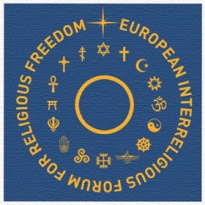






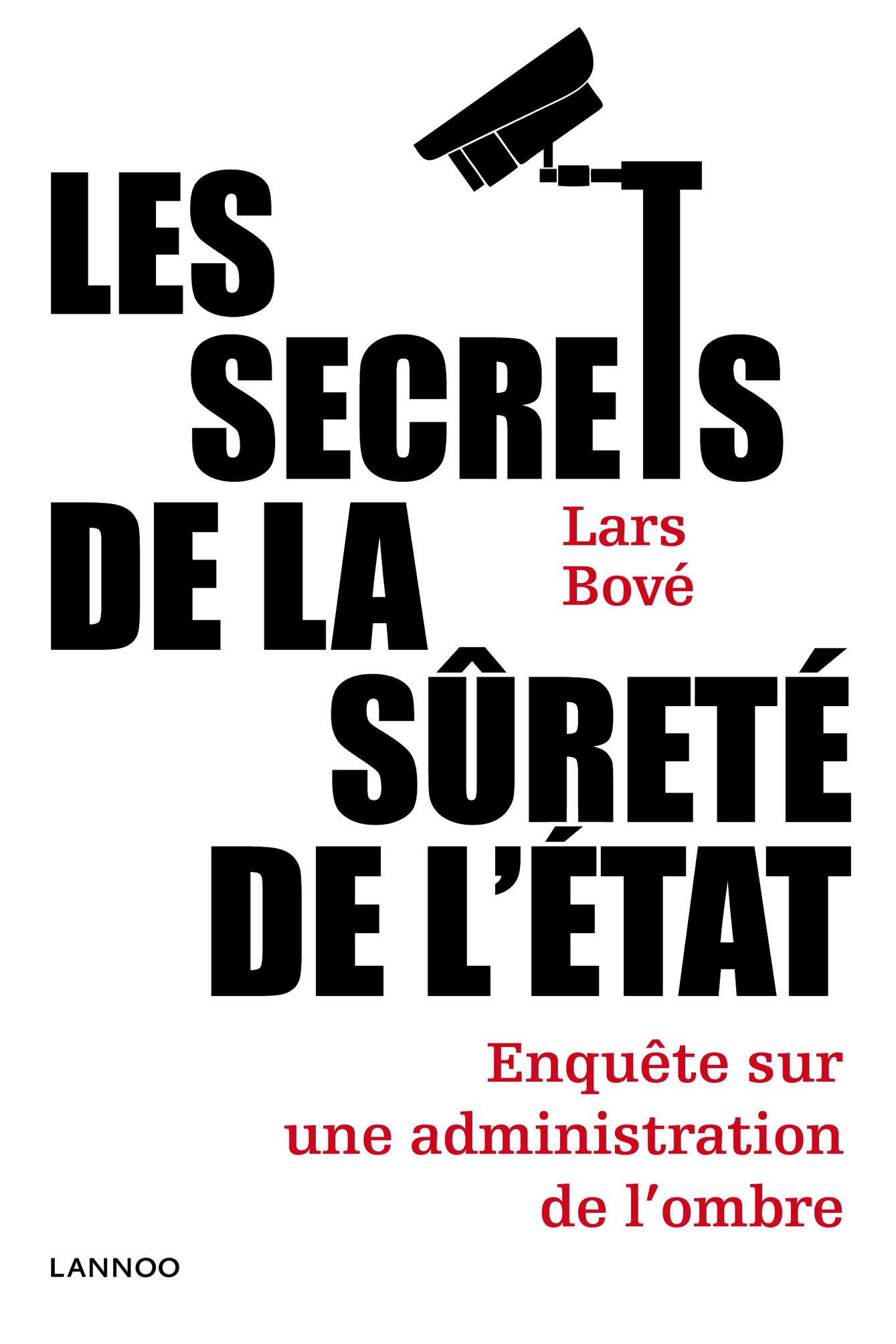
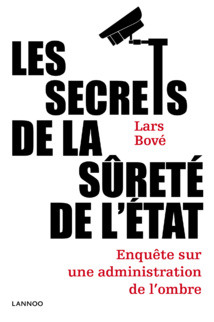
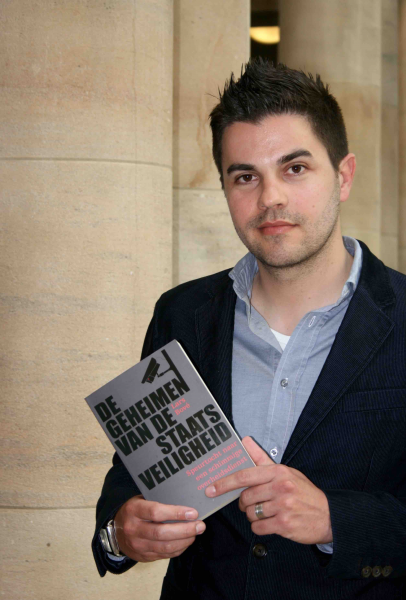
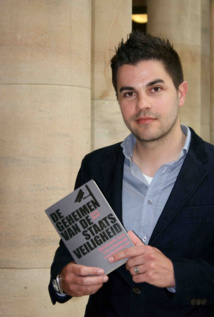
 More than 100 NGOs and personalities write to French Parliamentarians about the law on cults
More than 100 NGOs and personalities write to French Parliamentarians about the law on cults